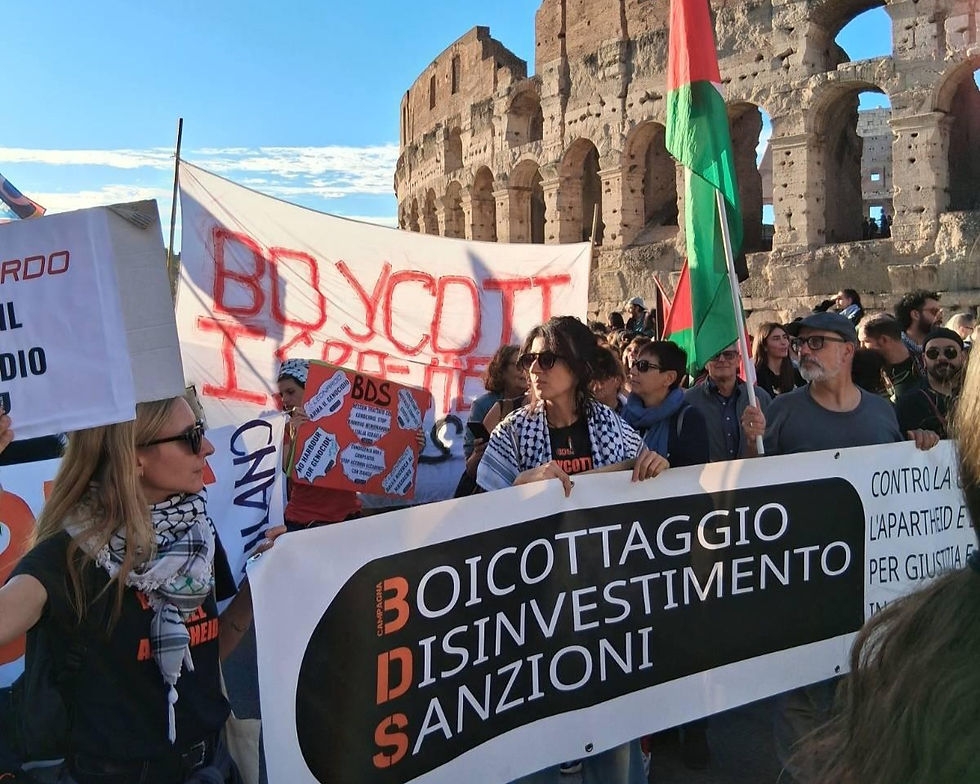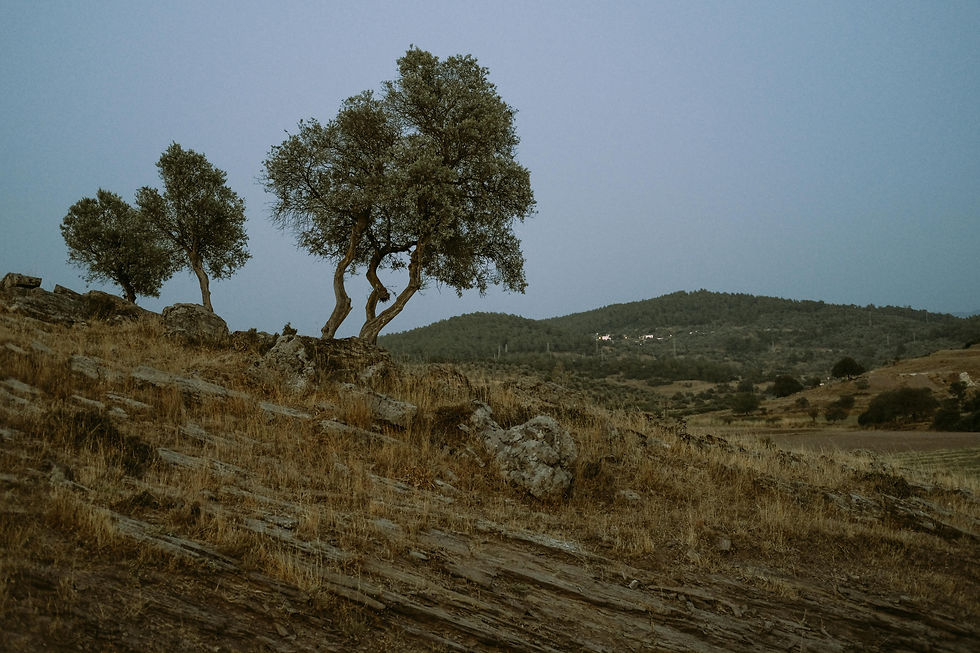Participating in Justice - Invited or Invented?
- Alana Potter

- Nov 18, 2021
- 5 min read
Updated: Jan 5, 2022

Marikana informal settlement residents outside the Western Cape High Court (Dennis Webster)
Terms like ‘transparency’, ‘accountability’, ‘participation’, ‘equity’, and ‘inclusion’ have been in development language for so long that we seldom stop to think about what they really mean. In the end, these terms are about power -- who is in, who is out, who has it, and who doesn’t. The Justice Based Approach shakes up this dull narrative and asks the hard questions about who benefits and how to dismantle structural power relations.
Although the Sustainable Development Goals (SDGs) were understood to be aspirational, we’re barely at the foothills of SDG attainment, and not because we lack a human rights framework. People are “left behind” and injustices prevail despite justiciable human rights because it is the poorest and most marginalised who are least able to claim or realise their rights, or hold duty bearers (such as the state) accountable, precisely because they are structurally disadvantaged.
Including them means that the state (and other duty bearers) must change its view (and treatment) of them. To see undocumented migrants, homeless people, slum dwellers, land occupiers, informal vendors, as lawful and legitimate participants, with rights, to whom the state and other duty bearers, including INGOs and private providers, is accountable, means making a paradigm shift. It means legitimising people who don’t have a formal presence and whom governments characterise as unlawful, illegal, occupying, etc. I like the term marginalised. People at the margins. Who put them there? What keeps them there?
Marginalised people are often actively excluded from rights-based discourses because they aren’t “citizens”, or “rates payers”, or “legal” -- because their participation is delegitimised. Marginalised people are often not able to claim their rights or hold power to account because they don’t have the resources or because they are simply discounted or delegitimised, even criminalised, by duty bearers. They are not seen by the state, by NGOs, or by private actors, as legitimate. That’s one of the ways they got left behind in the first place.
It’s been twenty-seven years since democracy in South Africa, for example, and access to food, water, electricity, sanitation, and other rights remains divided along racial, class and gender lines, deepening rather than ameliorating poverty and inequality. Most of the people who are “left behind” are deliberately excluded from formal participation processes.
Formal or “invited” participation processes are only half the story. When people are excluded, or as a complementary strategy, they often deploy informal methods to claim their rights: “invented” participation processes. We think and write about rights claiming as the actions of local community-based organisations (CBOs), funded by northern international non-profit organisations (INGOs). We don’t talk about social movements like Abahlali base Mjondolo or #blacklivesmatter; about land occupation, protest, grassroots organising; about messy, disruptive rights claiming, although this is often, if we look at any significant struggle in the world, the way that paradigms and power balances shift, the way that structural changes happen and justice is achieved.
With respect to water and sanitation in South Africa, the government’s exclusion of, or unresponsiveness to, invited participation processes, forces communities to self-supply and to protest as a measure of last resort. In South Africa, as well as the rest of the world, these communities are largely black and poor, often marginalised and frequently criminalised. Protest action comes at immense personal cost and risk. Protestors often confront the excessive use of force by police, misuse of the criminal justice system to stifle dissent, as well as clandestine and more informal forms of state violence like intimidation, threats of assault, and assassination.
The Harrismith Water Heroes provide an interesting example of a self-appointed non-profit services provider operating in a small town which is home to at least 40,000 people, and where municipal services have failed. In Tshakhuma in Thoyondou in the Limpopo province, 11 self-run water supply schemes provide water to more than 2,300 households. The agreement agreed in the North West High court between the Kgetlengrivier local municipality and the Kgetlengrivier Concerned Citizens is an example of a short-term solution to rehabilitate and run water services in a small rural town where residents have more technical capacity and political will than the municipality. Thousands of households living in informal settlements self-connect to surrounding water infrastructure to avoid long queues at often non-functional communal water points. Tens of thousands of rural households collect water from rivers and other unprotected sources when their water supply systems break down, which, from the statistics, seems to be increasingly the case.
Photos from left: The Foreman Assembly (Richard Pithouse), The founding members of the Harrismith Water Heroes (Carte Blanche), Rehabilitating the Wilge water purification plant (Kyknet)
Self-provision requires and shows innovation and agency, but water is a public good, and it is extremely risky for water services providers to operate without public oversight, or for users to self-supply. Without the legal obligation to operate within the parameters of national norms and standards, providers can offer services that are not affordable, at an unacceptable standard, of low quality, and at their own discretion. Water services providers, regardless of their intentions, must be properly appointed and regulated.
Like the at least 300 million people who rely on self-supply in sub-Saharan Africa, communities in Kgetlengrivier, in Maluti-a-Phofung, in Makana, in Thoyondou, and indeed in informal settlements and rural areas across South Africa, are organising their own access to water supply. They are building unlikely coalitions across class and race, they operate without formal recognition, they fix municipal infrastructure, they create their own connections, and they provide water services to people where municipalities have failed to provide adequate services. Civil society brings significant energy for municipalities to engage in the provision of safe, sustainable, and equitable water services.
Civic space is closing in many countries. It is messy. It’s time that global advocates and civil society actors get braver in speaking out about this. Participation is more than a project life cycle activity, it’s about expanding civic space. We talk boldly about engendering and influencing political leadership, yet we barely touch on the politics and power of social movements or civic structures in global narratives.
Justiciable human rights are only the beginning. Communities play a vital role in strengthening governance by persistently holding the state accountable and employing the tools of legal activism to realise their rights. A rights-based legal framework is by no means sufficient and in many cases, not even necessary. It is the agency and actions of communities that activate legal and policy frameworks and political promises -- to participate in invited and in invented ways.















Comments